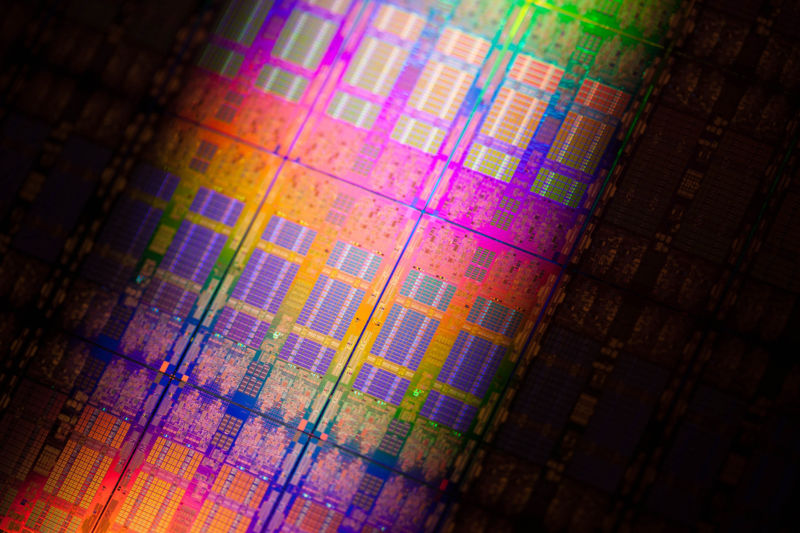Source: Ars Technica

Enlarge / Itanium 9500 dies. (credit: Intel Germany)
If you're still using Intel's Itanium processors, you'd better get your orders in soon. Intel has announced that it will fulfill the final shipment of Itanium 9700 processors on July 29, 2021. The company says orders must be placed no later than January 30, 2020 (spotted by Anandtech).
The Itanium 9700 line of four- and eight-core processors represents the last vestiges of Intel's attempt to switch the world to an entirely new processor architecture: IA-64. Instead of being a 64-bit extension to IA-32 ("Intel Architecture-32," Intel's preferred name for x86-compatible designs), IA-64 was an entirely new design built around what Intel and HP called "Explicitly Parallel Instruction Computing" (EPIC).
High performance processors of the late 1990s—both the RISC processors in the Unix world and Intel's IA-32 Pentium Pros—were becoming increasingly complicated pieces of hardware. The instruction sets the processors used were essentially serial, describing a sequence of operations to be performed one after the other. Executing instructions in that exact serial order limits performance (because each instruction must wait for its predecessor to be finished), and it turns out isn't actually necessary.

